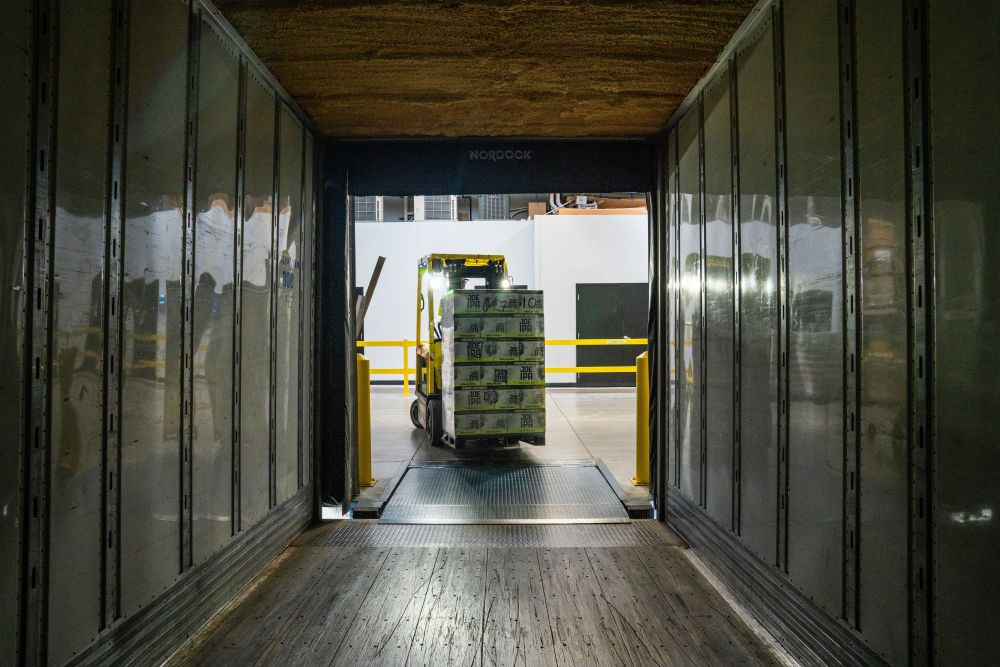Logistics workers are responsible for directing warehouse operations and ensuring that items are being transported and loaded safely and appropriately. They are also responsible for making sure that items are stored properly and workers can access them safely.
The nature of a logistics worker’s job means that they will be in environments where safety is even more important than normal. There are 3 areas in particular that logistics workers need to pay close attention to.
Slips & Trips
Slips and trips are among the most common causes of injuries in a warehouse setting. As a logistics worker, you will be spending a lot of your time in these environments. It is important that you remain vigilant and always mindful of the surfaces beneath your feet and the presence of any trip hazards.

Load Security
Whenever items are being loaded onto a vehicle, it is absolutely essential that they are secured properly. You must never exceed the maximum load capacity of any vehicle. Drivers need adequate space to load and unload cargo, and it is vital that other workers understand the procedures for loading and unloading.
Weight Lifting
Under UK law, there are no quantified maximum weight limits for manual lifting. However, the law does state that workers need to be trained on how to lift heavy items correctly and they that should never be expected to lift more than they are comfortable with. Logistics workers should ensure that there are guidelines in place that take into account the environment they are working in and the people they are working with.
Some people can safely lift weights that other people can’t. It’s important that no one feels pressured to lift more than they are comfortable with. This would put everyone’s safety in jeopardy.
Your Rights if You are Injured
No matter how many precautions you take or how safety-conscious you are, there may be circumstances beyond your control, and the potential for injuries to occur can’t be reduced to zero. It is, therefore, important that you know what your rights are if you are injured.
First and foremost, if you are injured, you need to file a report. It is important that the incident is documented in case you need evidence at a later date. If you are injured on the job, you might be entitled to compensation, but even if you’re not, you are entitled to paid sick leave. If you think that your injury is severe enough to require time off, make sure you see a doctor and have them concur.
In cases where a doctor says someone is healthy enough to return to work but the injury is then exacerbated by the return to work, claims for medical negligence may be filed. The bar for medical negligence is set much higher than many people realise, so there is no guarantee that your claim will be successful. However, medical negligence solicitors like The Medical Negligence Experts can tell you whether you have a potential case or not.
Ensuring a safe working environment isn’t rocket science – it is mostly a case of common sense. The difficult bit is making sure that everyone around you is aware of the rules and understands the importance of following safety guidelines.

